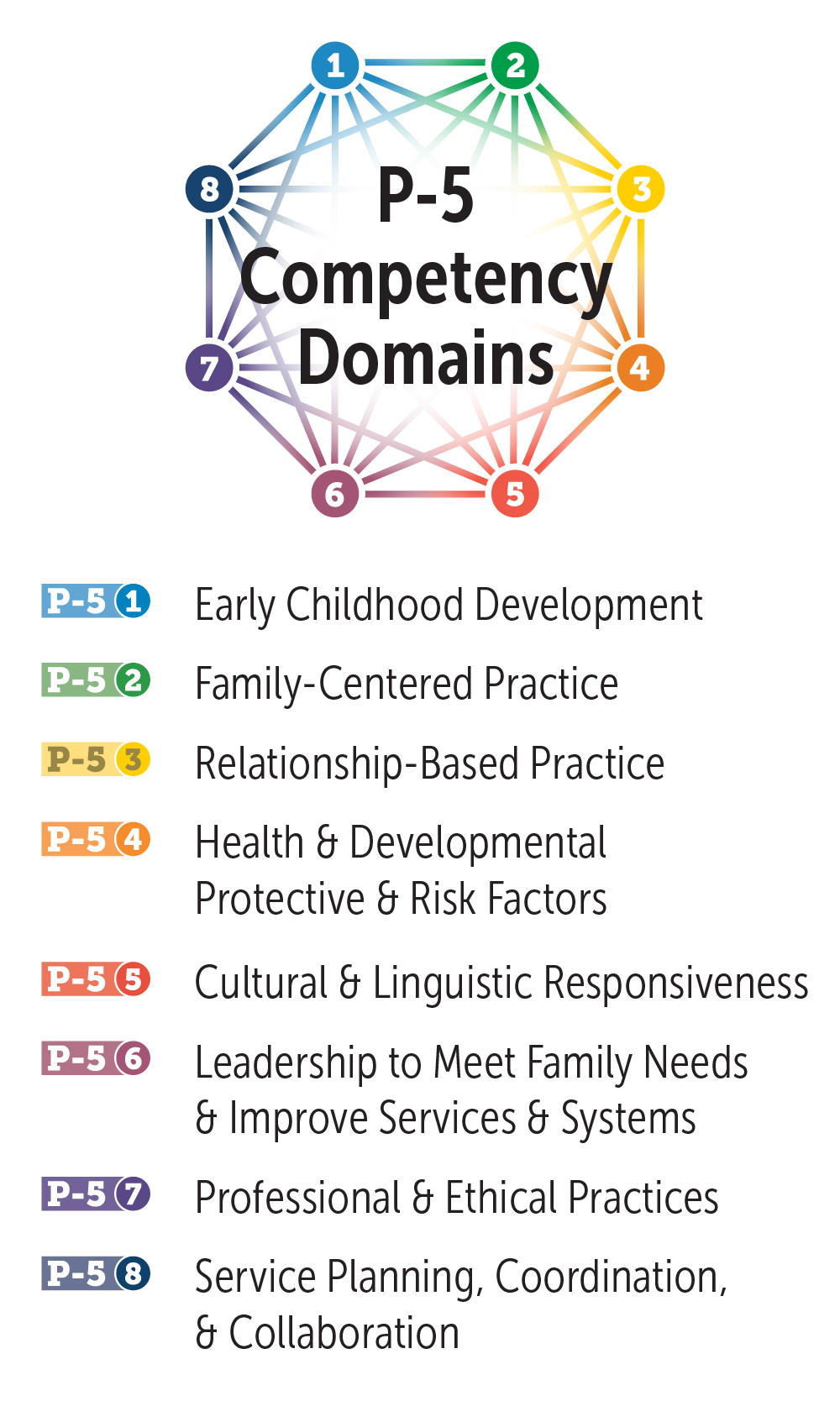
Infant and Early Childhood Mental Health Series - Oregon Infant Mental Health Association February 2025
- Registration Closed
- IECMH Guiding Principles: Equity, Culture and Policy
- IECMH Guiding Principles: Relationships, Well-Being and Individuality
- IECMH Guiding Principles: Quality, Access and Reflective Practice
- Neuro-relational Development
- Reflective Practice and Reflective Supervision
- Infant and Early Childhood Development
- The Psychology of Pregnancy and Early Parenthood
- Supporting Children and Families Around Developmental Disorders/Disabilities
- Creating a Culture of Care in Infant and Early Childhood Mental Health
- Observation and Assessment in Infancy/Toddlerhood
You must be signed in and registered to access the webinars. Participants will be allowed into each webinar 10 minutes before the start of the webinar. This Package will automatically register you for all 10 webinars in the series.
Attendance for these webinars is automated. Attendance Verification codes are only given during the live session and must be entered in their corresponding fields to unlock your certificate of attendance. Please visit our FAQ page for more information.
Access to these webinars will end October 6, 2025. After this date, you will no longer have access to any webinar materials. Please make sure to download any handouts you may need and complete all evaluations and quizzes (if applicable) needed to obtain your certificate and credit for the course.

